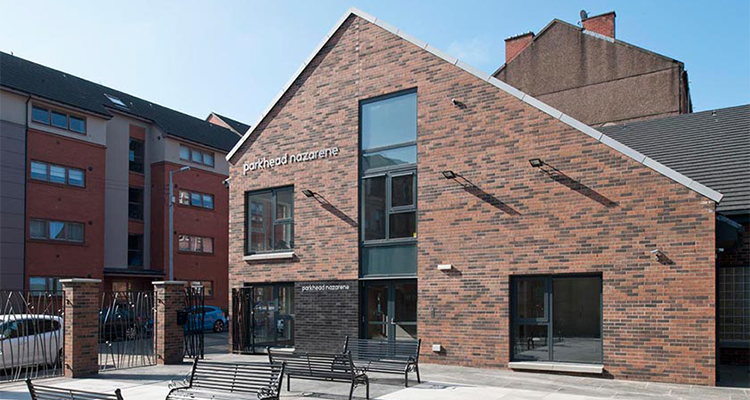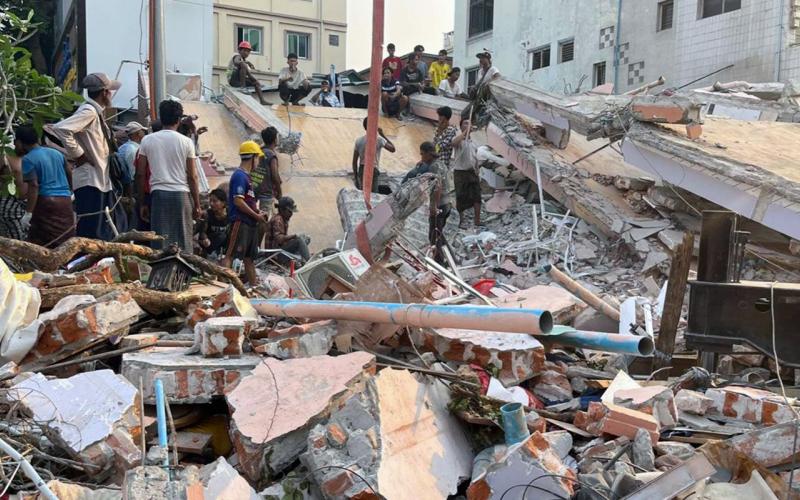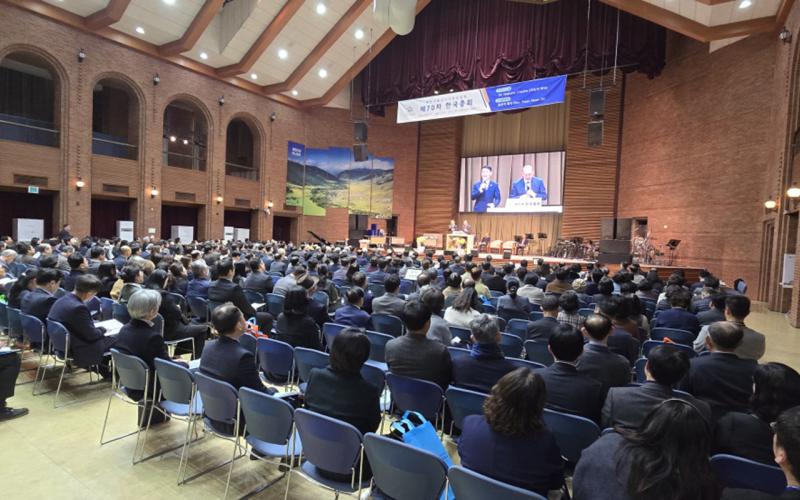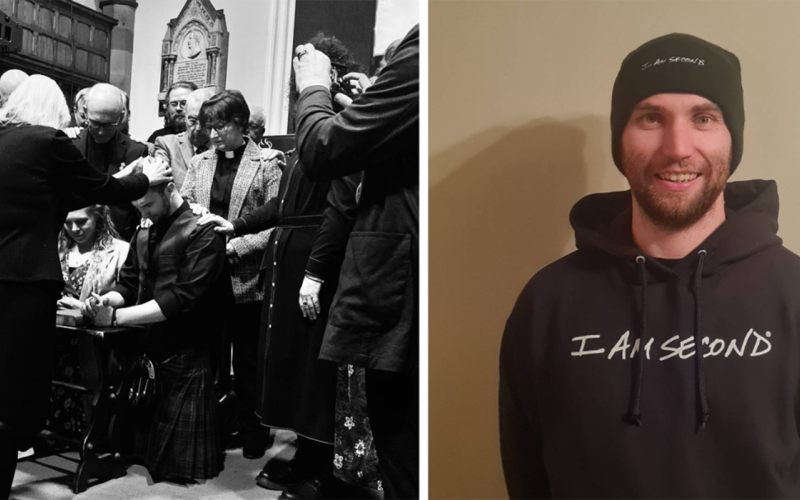
Scotland church members journey with people displaced by refugee crisis

Most newspapers include stories of the war-ravaged Middle East and the millions of people displaced by violence. Readers will also find articles about refugee camps, border closures, and world leaders negotiating the numbers their nations can take. These issues have made their way into the world's collective awareness, and the stories of refugees weigh many peoples' hearts from afar. For many on the Eurasia Region, the refugee crisis is not just a distant sadness, it’s a present reality, a growing part of daily life in towns and villages.
Dave White lives on the east side of Glasgow in Scotland, and helps lead the Parkhead Church of the Nazarene’s efforts to minister to internationally displaced people in their community.
“East-enders tended to be very sort of ‘white working class, but over the last few years we’ve seen increasing numbers of people from other countries join us,” White said.
He describes an experience not at all uncommon to many, especially those across Europe.
“At one point, Glasgow was the only city in Scotland that took refugees; they were a growing portion of the population, and it was easy to see there were growing needs," White said. "Then, about two years ago, the pieces of an opportunity came together out of existing partnerships. A local doctor got in touch, explaining a need for English language training for adults. Another group was equipped to offer some training and needed a space and the Parkhead Church had space to offer.”
English language classes began, and the church building met a real need. But when the church people came face to face with the people of the “European refugee crisis,” they changed from a headline to human beings.
“We would classify it as re-humanisation,” White said, describing the range of needs the church and their partners began to be able to address.
Some needed shoes or warm clothes. Others needed help getting a doctor’s appointment. But the needs go even beyond the immediately apparent and practical.
“The need was for English, but a lot of these people come from cultures where hospitality is paramount,” White said. "We became more aware of a need for hospitality."
The re-humanization process goes far beyond basic clothing and language training; there was also a need for community. In the summer, when many programs wind down and people go on their holidays, the Parkhead Church decided to begin serving lunch in addition to the English classes. Then they started a monthly football match, which White says is a universal language. Volunteers began to advocate for those in the process of seeking asylum. Members of the class began volunteering, cooking meals for the rest of the group.
A common theme arising in the Parkhead Church’s work with displaced people is that sharing is not one-sided. Volunteering, they have found, is actually a way that some people can find new purpose and self-confidence while they wait in a new land. When Burns Night came around (a Scottish cultural celebration of the poet Robert Burns), the church organised a traditional celebration, but they resisted the temptation to make it about them. They invited everyone to bring their own dishes from their homelands, and together they ate and danced in a celebration much more authentic to the texture of the Scotland they find themselves in today.
The community that they have created is making a difference, and its impact is lasting.
“Even if they’ve been moved to another part of the city, having got their asylum claim, quite a few of them would still keep coming back even though it was a 40-minute journey on a bus because they had a connection here,” White said.
The work of welcoming outsiders has not come without challenges, including instances of cultural xenophobia. And beyond simple prejudices, there exists a complex tension of religions. Many displaced people bring their own religious practices with them, but they are not always able to find adequate facilities. At the same time, Christians who are faithfully working to welcome those in need find themselves struggling to find appropriate ways to share their own faith. But for now, all have been able to share the table, as well as the football pitch, and that’s something.
“If you look at Jesus in the Gospels, He’s constantly helping people stand on their own two feet, and giving them the dignity they’re due, and that is transformative,” White said.



